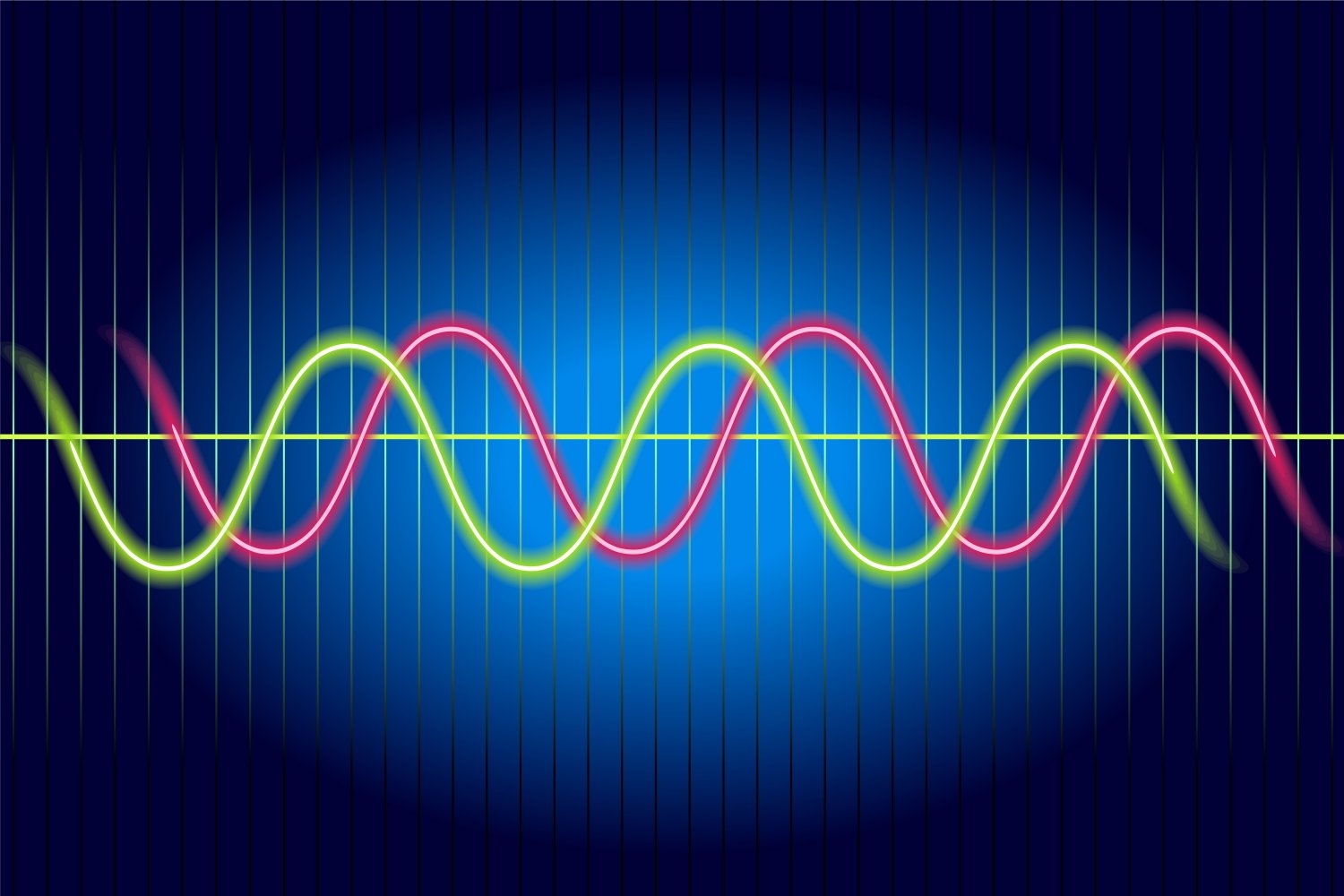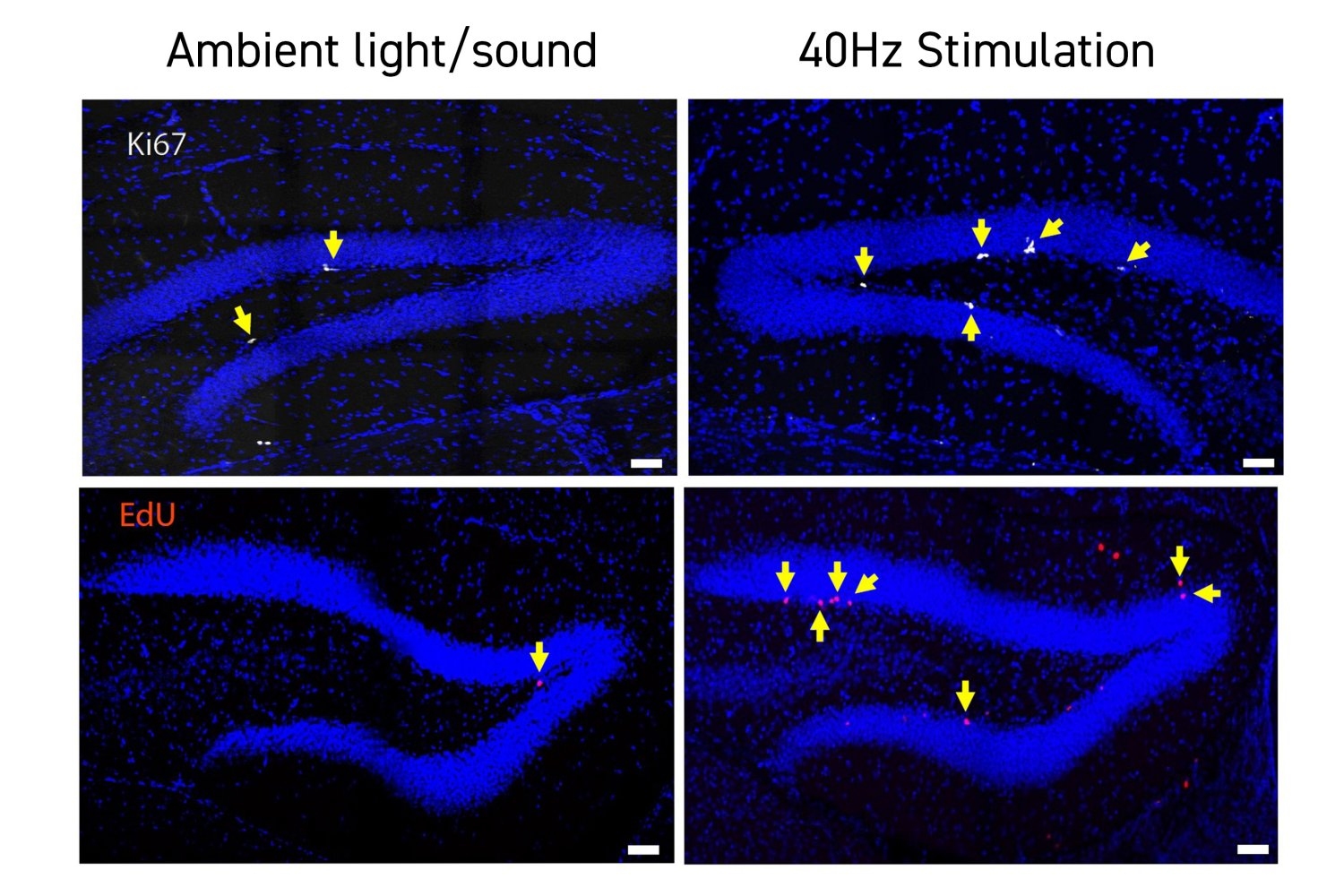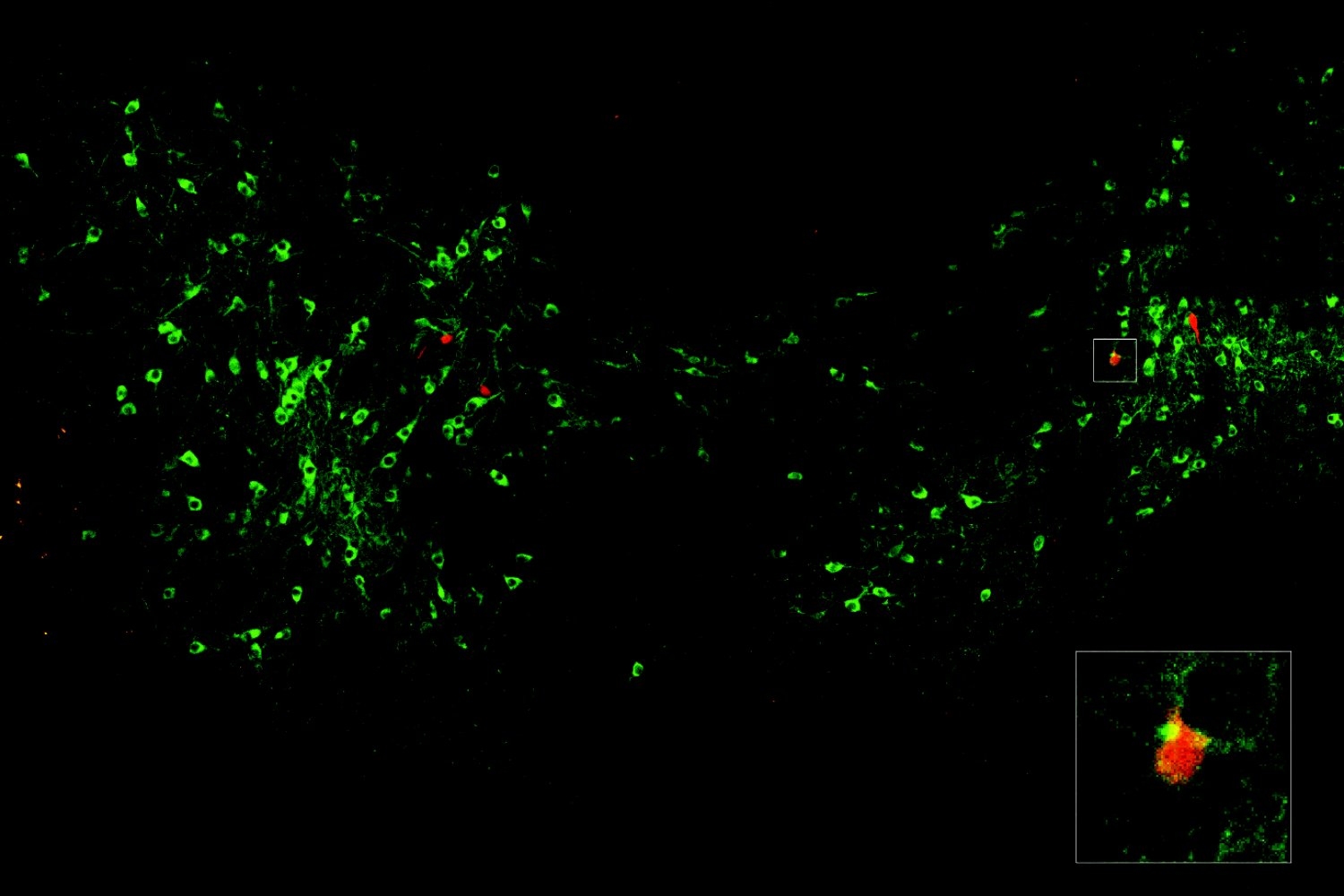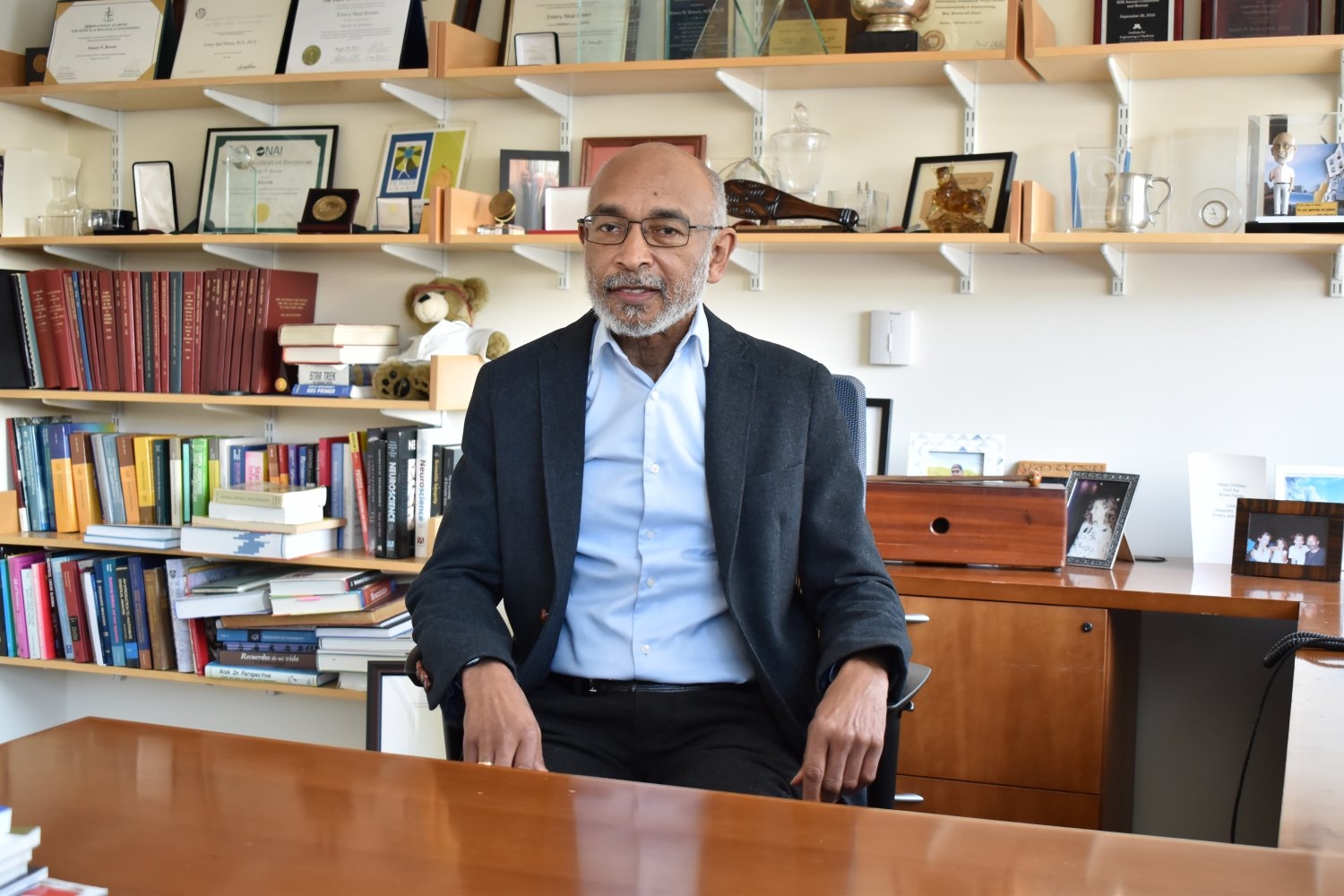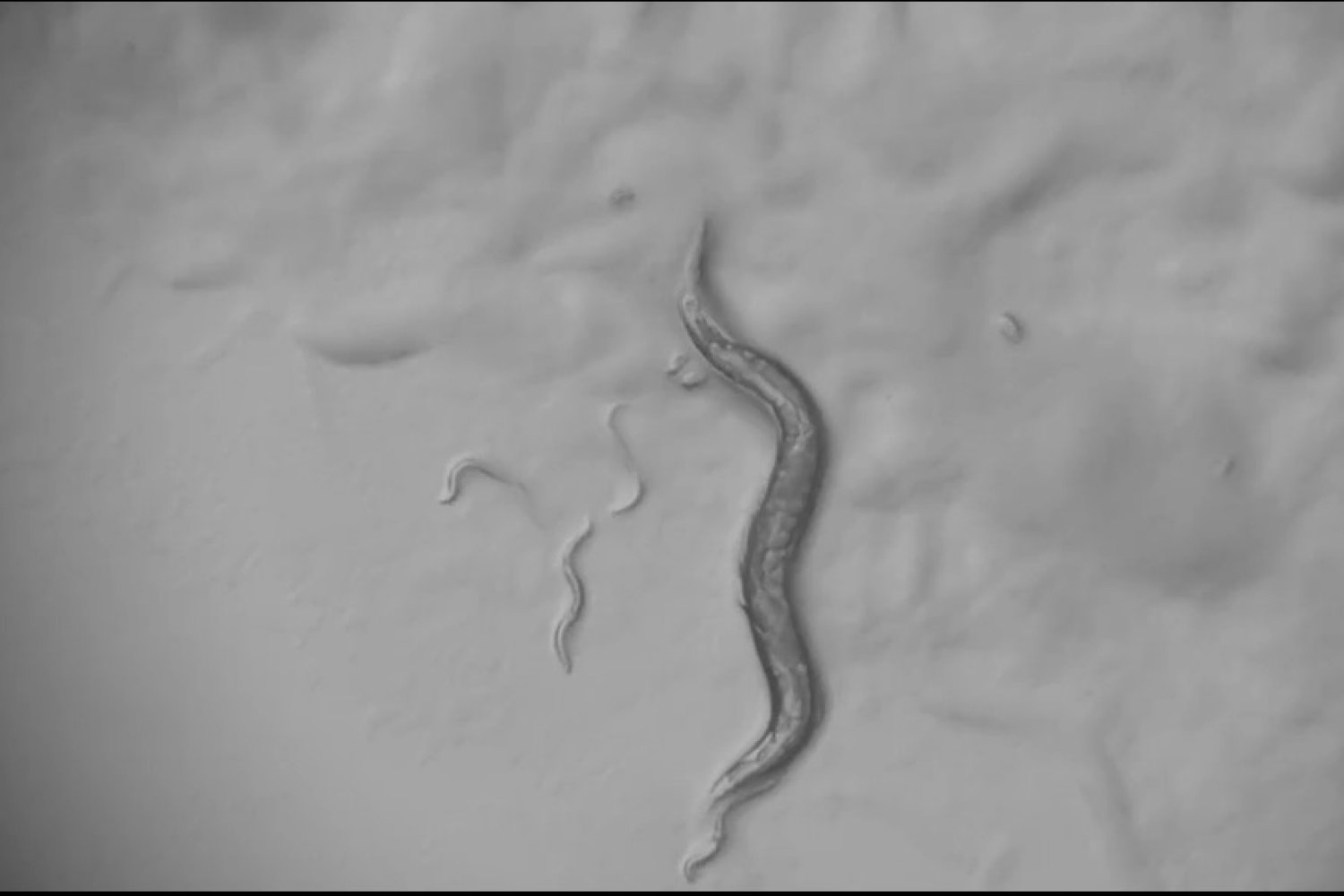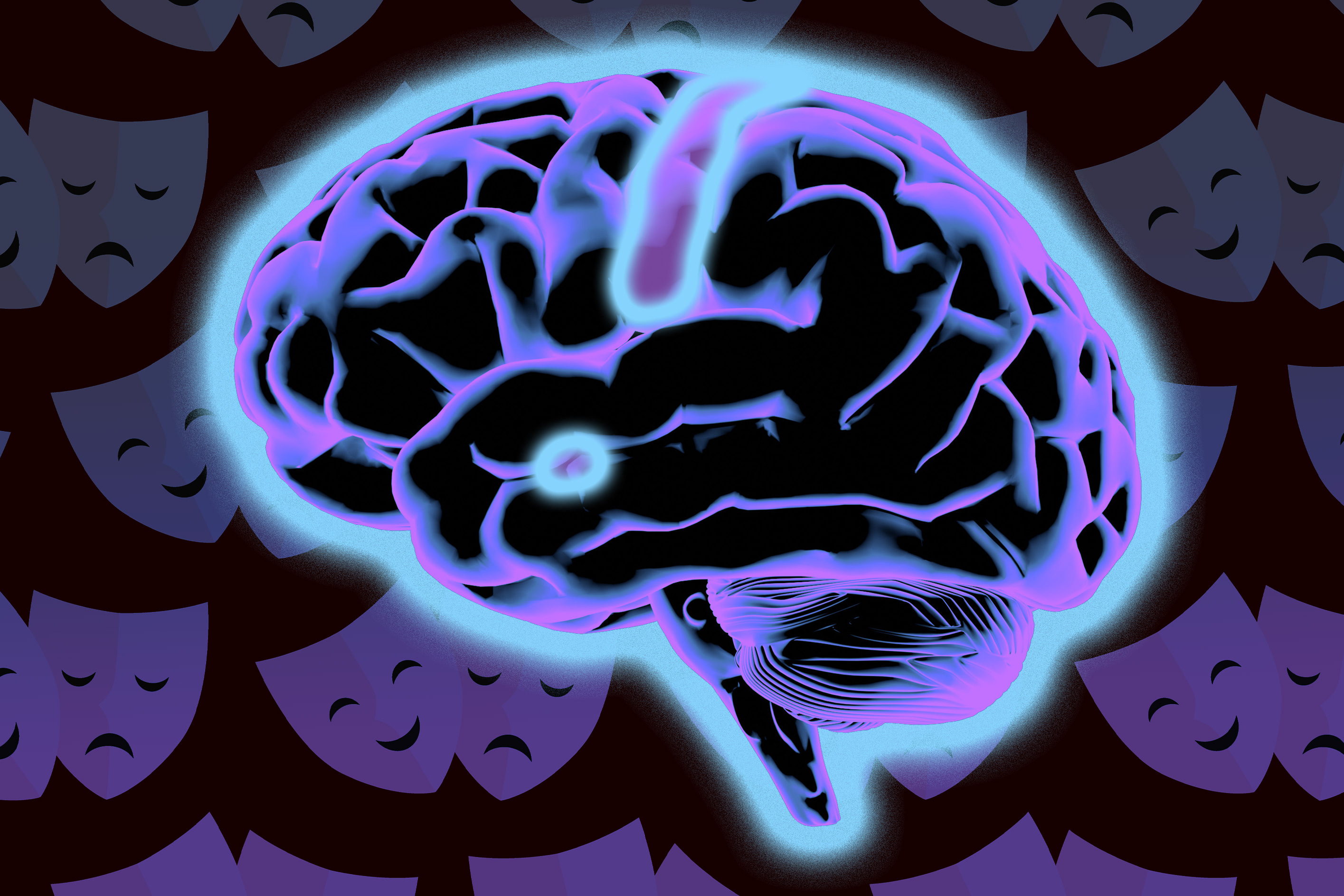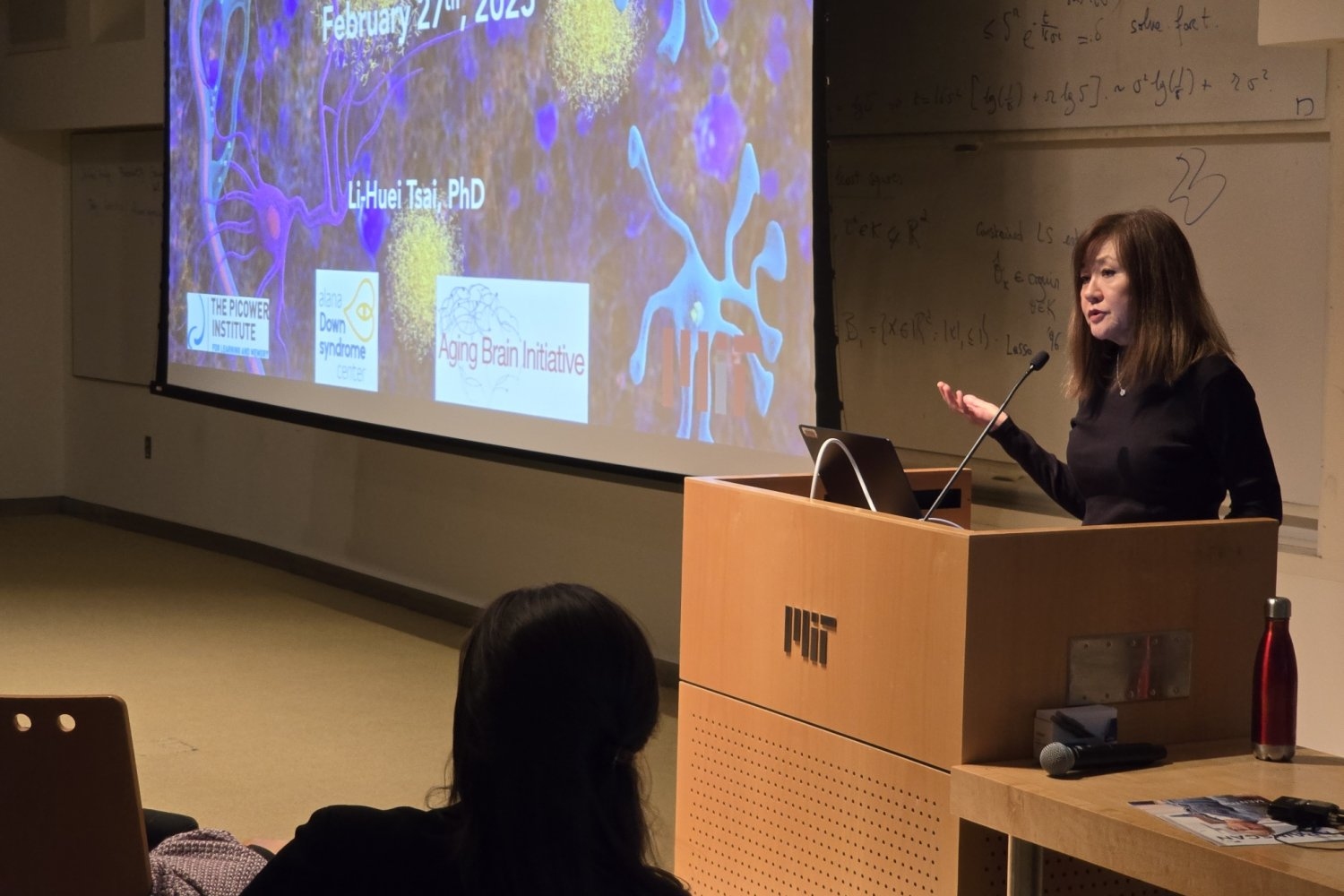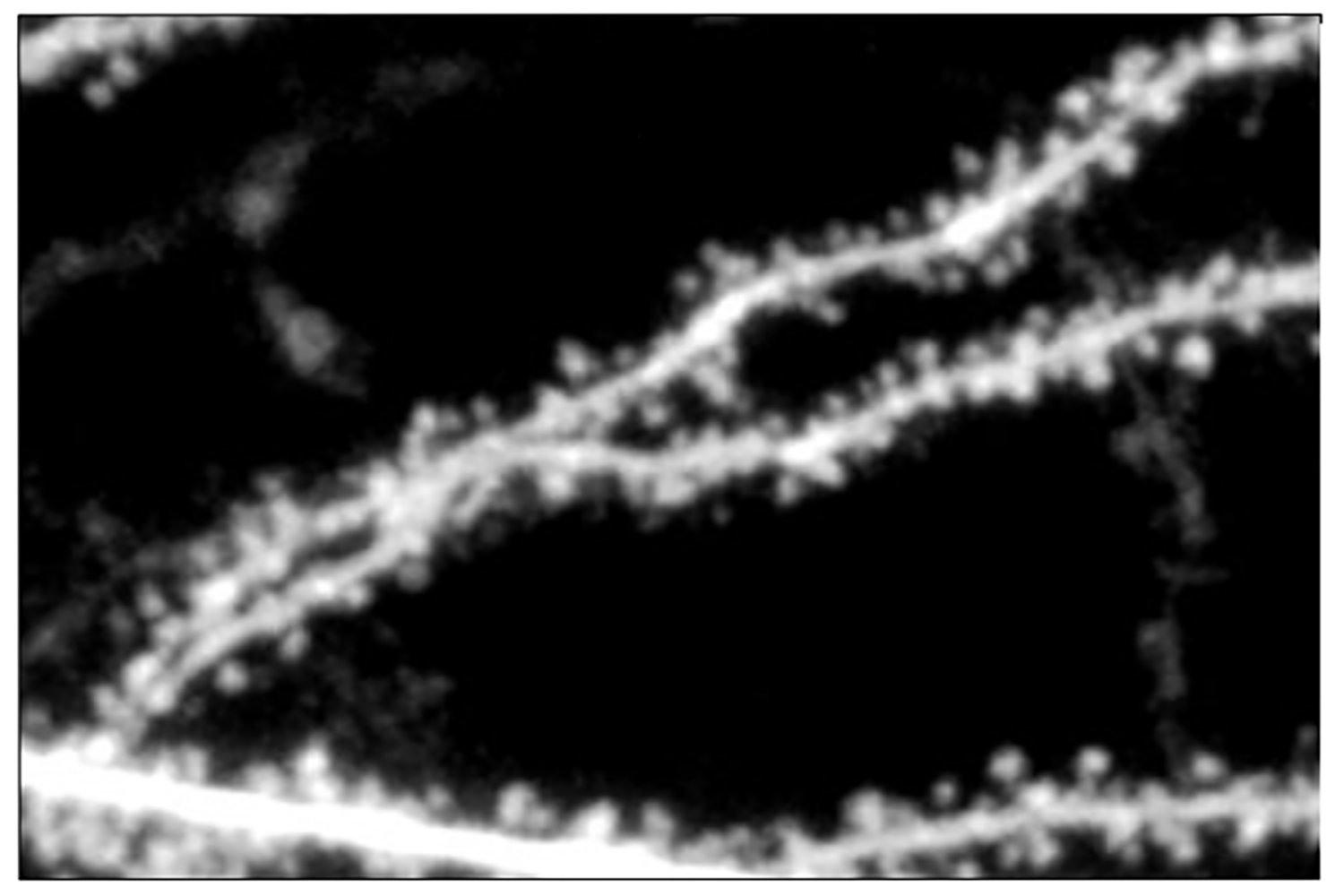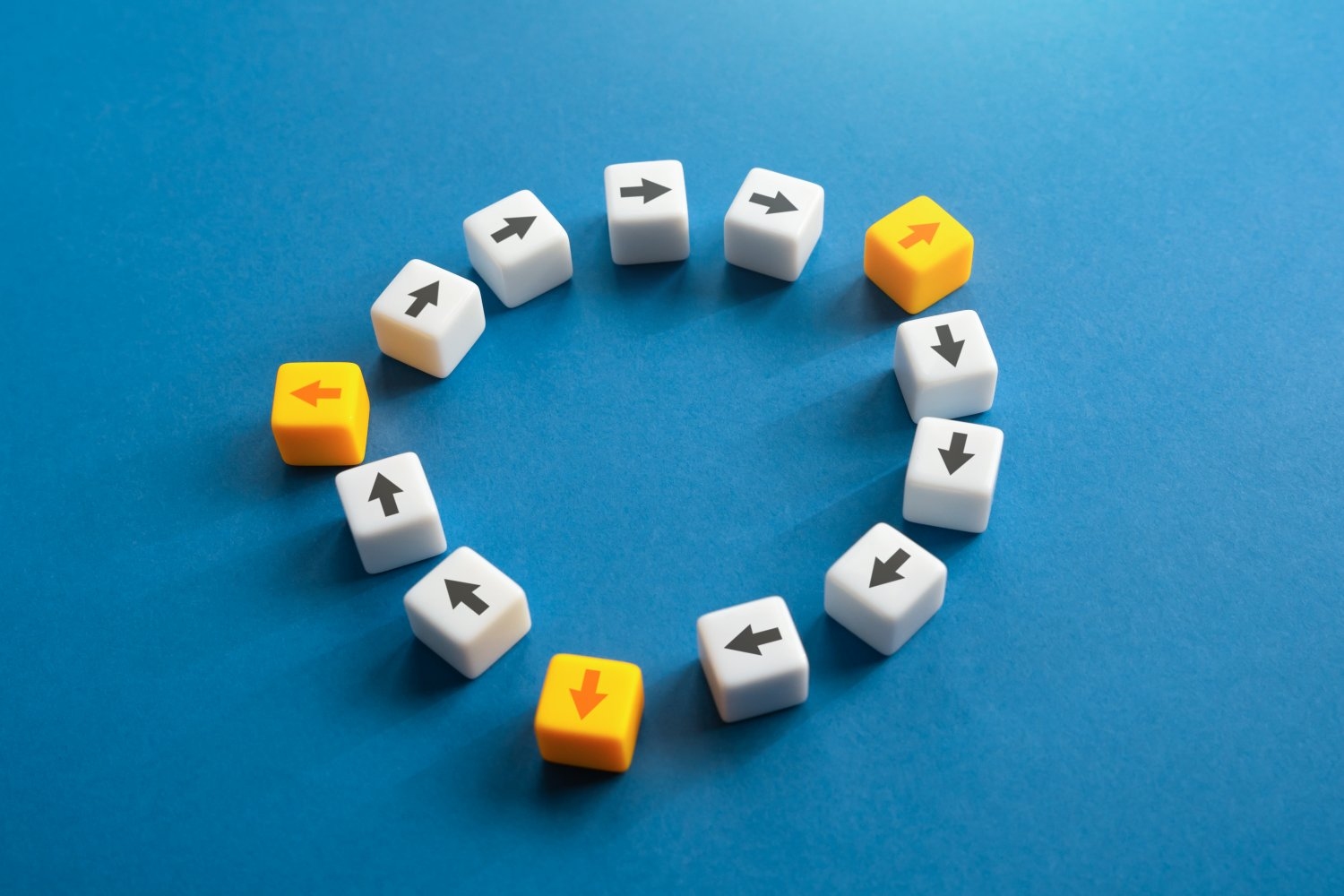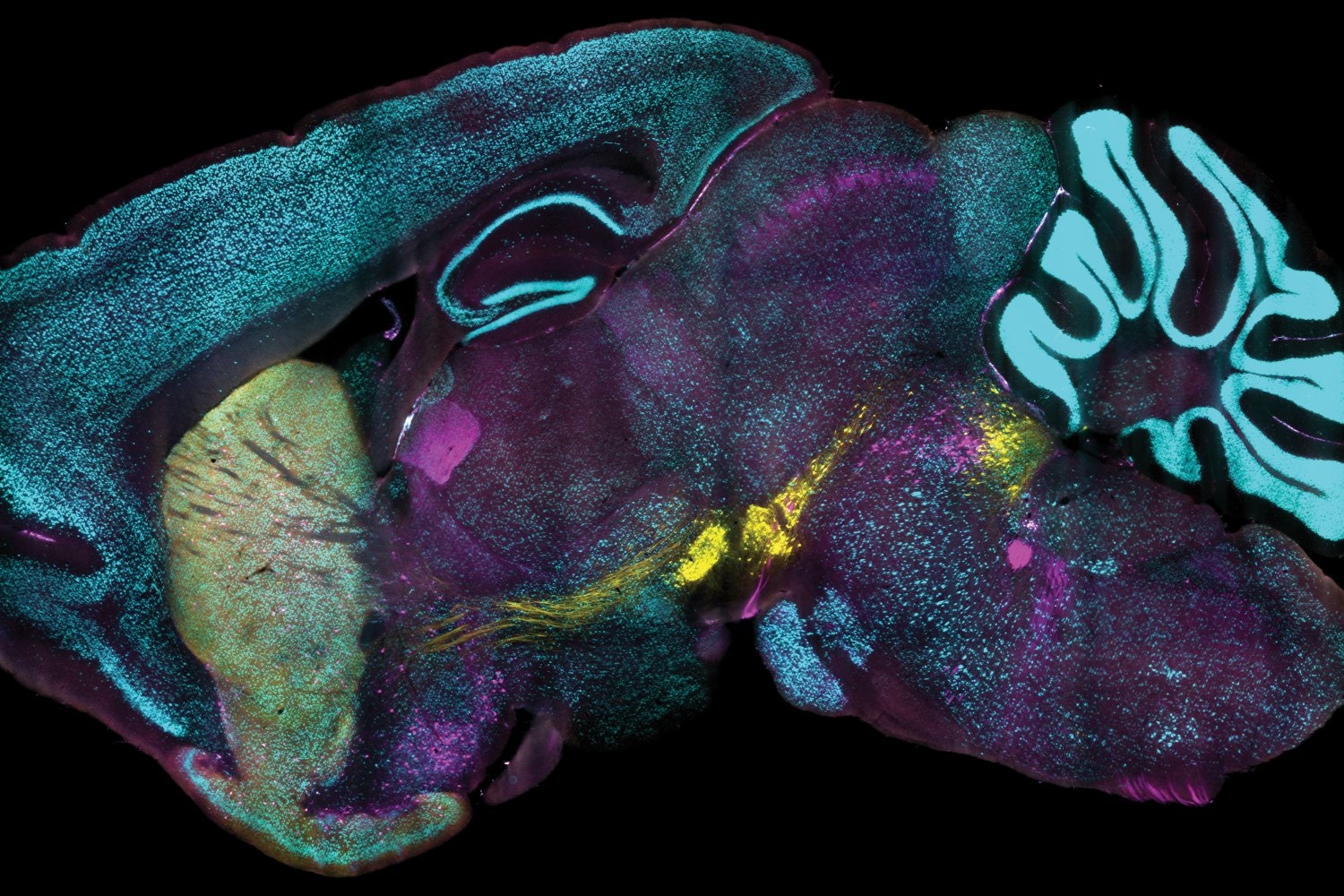In Down syndrome mice, 40Hz light and sound improve cognition, neurogenesis, connectivity
New evidence suggests sensory stimulation of gamma-frequency brain rhythm may promote broad-based restorative neurological health response.
May 12, 2025 • ~8 min
In kids, EEG monitoring of consciousness safely reduces anesthetic use
Clinical trial finds several outcomes improved for young children when an anesthesiologist observed their brain waves to guide dosing of sevoflurane during surgery.
April 29, 2025 • ~6 min
Response to infection highlights the nervous system’s surprising degrees of flexibility
Upon infection, the C. elegans worm reshuffles the roles of brain cells and flips the functions of some of the chemicals it uses to regulate behavior.
April 29, 2025 • ~8 min
Evidence that 40Hz gamma stimulation promotes brain health is expanding
A decade of studies provide a growing evidence base that increasing the power of the brain’s gamma rhythms could help fight Alzheimer’s, and perhaps other neurological diseases.
March 14, 2025 • ~6 min
Study suggests new molecular strategy for treating fragile X syndrome
Enhancing activity of a specific component of neurons’ “NMDA” receptors normalized protein synthesis, neural activity, and seizure susceptibility in the hippocampus of fragile X lab mice.
March 4, 2025 • ~7 min
Study: Even after learning the right idea, humans and animals still seem to test other approaches
New research adds evidence that learning a successful strategy for approaching a task doesn’t prevent further exploration, even if doing so reduces performance.
Feb. 21, 2025 • ~6 min
MIT method enables ultrafast protein labeling of tens of millions of densely packed cells
Tissue processing advance can label proteins at the level of individual cells across large samples just as fast and uniformly as in dissociated single cells.
Feb. 6, 2025 • ~9 min
/
21

